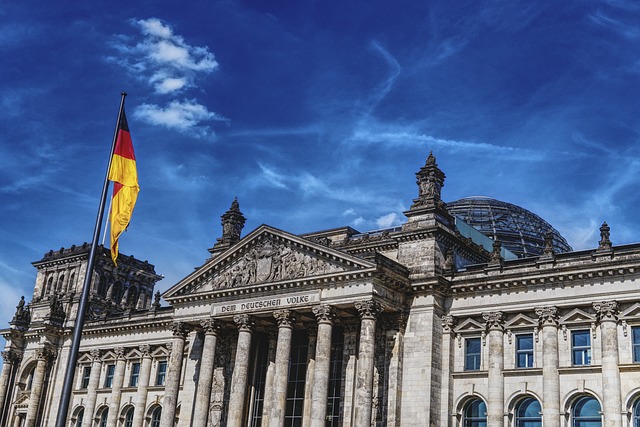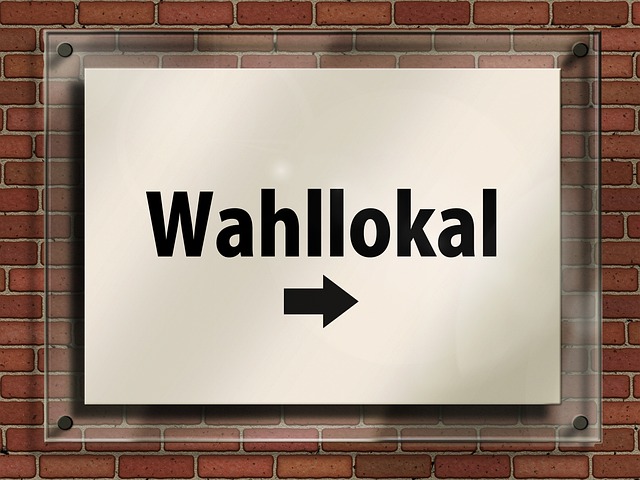Exploring the Impact of Event Attendance on Voter Perception
cricbet99 id password, sky99 login, ready book club:Exploring the Impact of Event Attendance on Voter Perception
In the world of politics, events play a crucial role in shaping public opinion and influencing voter behavior. Attending various events such as rallies, town hall meetings, and debates can have a significant impact on how voters perceive candidates and their policies. In this article, we will delve into the importance of event attendance in shaping voter perception and explore how it can influence the outcome of an election.
The Power of Personal Connection
One of the key reasons why event attendance can impact voter perception is the power of personal connection. When voters attend an event and have the opportunity to see a candidate speak in person, they are more likely to form a strong emotional connection with that candidate. This personal connection can lead to increased trust and loyalty towards the candidate, ultimately influencing how voters perceive their policies and leadership abilities.
Furthermore, attending events allows voters to interact with other supporters and engage in discussions about the candidate and their platform. These interactions can help reinforce their support for the candidate and create a sense of community among like-minded individuals. This sense of belonging can further solidify their positive perception of the candidate and their policies.
Accessibility to Information
Attending events also provides voters with direct access to information about the candidate and their platform. Candidates often use events as a platform to articulate their policies, answer questions from the audience, and provide details about their vision for the future. This direct communication allows voters to gain a deeper understanding of the candidate’s stance on various issues and evaluate their suitability for office.
Moreover, attending events can also give voters the opportunity to ask specific questions and seek clarification on contentious issues. This direct engagement can help voters make informed decisions about which candidate aligns with their values and priorities. By attending events, voters can bypass the filter of media coverage and form their own opinions based on firsthand experiences.
Influence on Media Coverage
The impact of event attendance on voter perception goes beyond the individuals who physically attend the event. Events are often covered by the media, both traditional and social, which amplifies the reach and influence of the candidate’s message. Media coverage of events can shape how voters perceive a candidate and their policies, even if they did not attend the event in person.
Positive media coverage of a candidate’s event can create a favorable narrative around their campaign and generate excitement among voters. Conversely, negative media coverage can undermine a candidate’s credibility and erode support among undecided voters. Therefore, event attendance not only influences the perceptions of those present but also has a ripple effect on a broader audience through media dissemination.
Building Momentum and Enthusiasm
Another key aspect of event attendance is its ability to build momentum and enthusiasm around a candidate’s campaign. Large turnout at events can create a sense of momentum and energy that can be contagious among supporters. The excitement generated by events can mobilize voters to actively participate in the campaign, whether through volunteering, donating, or simply spreading the word to their social networks.
Furthermore, events provide a platform for candidates to showcase their charisma, passion, and leadership skills. A strong and compelling performance at an event can inspire confidence in voters and rally support for the candidate’s candidacy. The energy and enthusiasm generated by events can create a positive feedback loop that boosts voter perception and solidifies support for the candidate.
Challenges of Event Attendance
While event attendance can have a significant impact on voter perception, it is important to acknowledge that not all voters have equal access to events. Factors such as geography, work schedules, and personal commitments can limit some individuals’ ability to attend events in person. This disparity in access can potentially skew perceptions and favor candidates who are able to attract large crowds at events.
Furthermore, the COVID-19 pandemic has introduced additional challenges to in-person event attendance. Social distancing guidelines, capacity restrictions, and health concerns have forced candidates to rethink their event strategies and explore virtual alternatives. The shift towards virtual events has made it easier for some voters to participate, but it has also raised questions about the effectiveness of online engagement in shaping voter perception.
In conclusion, event attendance can have a profound impact on voter perception by creating personal connections, providing access to information, influencing media coverage, building momentum and enthusiasm, and overcoming challenges to broaden participation. As we continue to navigate the ever-evolving landscape of political campaigns, it is clear that events will remain a critical component in shaping how voters perceive candidates and make informed decisions at the ballot box.
FAQs
Q: Can virtual events have the same impact on voter perception as in-person events?
A: While virtual events can reach a wider audience and offer greater accessibility, the lack of personal connection and physical presence can diminish their impact on voter perception. In-person events are more likely to create emotional connections and generate excitement among attendees.
Q: How can candidates ensure inclusivity and accessibility to events?
A: Candidates can take steps to ensure inclusivity and accessibility by holding events in diverse locations, offering transportation assistance, providing virtual options for remote participation, and accommodating different schedules through varied event times.
Q: What role does social media play in amplifying the impact of event attendance?
A: Social media platforms can amplify the reach and influence of events by broadcasting live streams, sharing highlights, and engaging with audiences in real-time. Social media can extend the impact of event attendance beyond the physical venue and reach a broader audience of voters.
Q: How do candidates measure the effectiveness of event attendance on voter perception?
A: Candidates can measure the effectiveness of event attendance by tracking metrics such as turnout, media coverage, online engagement, and post-event surveys. These data points can provide insights into the impact of events on voter perception and inform future campaign strategies.







